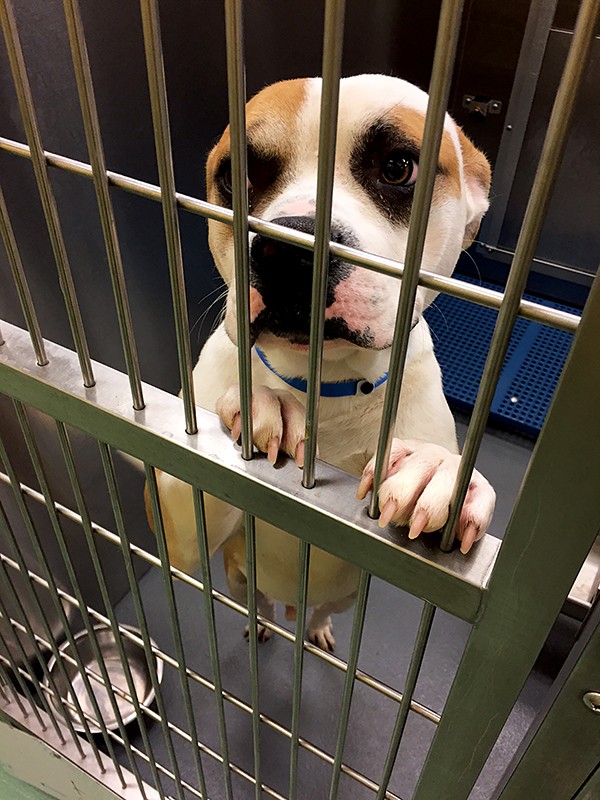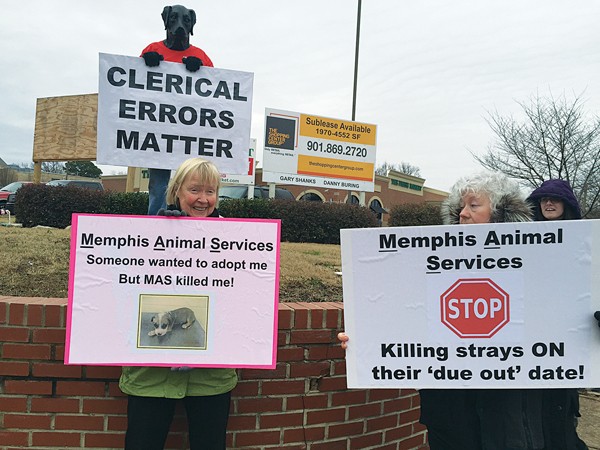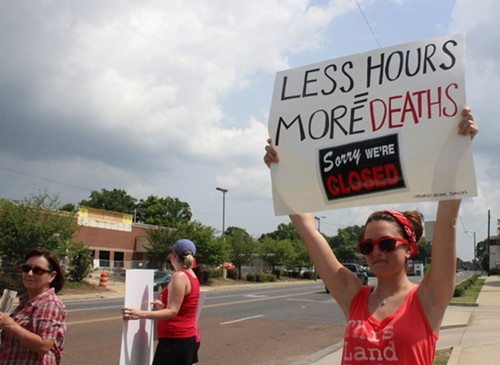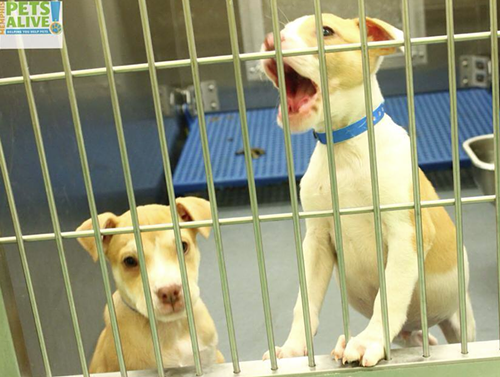
James Rogers
Memphis Animal Services (MAS) Director James Rogers is out of a job beginning January 1st, after Memphis Mayor-elect Jim Strickland terminated his position.
Now, Strickland will launch a national search for a new MAS director. In the interim, the office of Doug McGowan, the city’s new chief operations officer, will oversee shelter operations.
Over the years, Rogers, who was appointed by Mayor A C Wharton in 2012 as an interim director, has taken a lot of heat from local animal advocates for numerous clerical errors that resulted in dogs and cats being euthanized by mistake. Even though Rogers managed to increase the number of adoptions and decrease the euthanasia rate, the animal intake rate also fell during his tenure.
Animal advocates from S.O.S (Save Our Shelter) Memphis and Community Action for Animals have speculated that the lower intake rate meant animal control officers weren’t working as hard as they could be. And during public Memphis Animal Services Advisory Board meetings, they often brought up the point that, when less animals are being taken into the shelter, it would make sense that less animals were being euthanized.
Jan Courtney, a member of S.O.S. Memphis, said she wants to see a new director who “has compassion for the animals who enter Memphis Animal Services.” She said she wants a leader who will work closely with rescue groups and the community to both increase the adoption rate and increase spay/neuters in the community.
Rogers did manage to do at least one thing the animal advocates were happy about. He opened to the public the stray area, which had been closed off for years following a decision by former MAS Director Matt Pepper. Courtney says she hopes the new director will leave that area open.
Additionally, she wants the new leadership to enforce a policy that would require animal control officers to show up in court for cruelty cases. Rogers was often criticized when his officers failed to appear in the courtroom on cases they were involved with.
Other items on Courtney’s wish list: a camera in the euthanasia room to prevent animal abuse, benchmarks with other progressive shelters with similar demographics to make positive changes for Memphis Animal Services, and yearly employee evaluations.
“When an employee does not meet performance levels, that employee [should be] suspended/terminated,” Courtney said.
Sylvia Cox with S.O.S. Memphis said the new director should evaluate employees every six months. Under the union’s Memorandum of Understanding, infractions recorded in their files do not count against the employee after six months.
Cox said she’d also like to see healthy animals held as long as possible before they are euthanized.
“Only if the shelter really is overcrowded, which it seldom is, or if there is a significant disease outbreak, should staff have to consider killing adoptable animals,” Cox said.
Cindy Marx-Sanders of Community Action for Animals released this wish list for what the organization would like to see in a new director:
A progressive, experienced director. One that would embrace the entire community in bettering the Memphis Animal Services.
One that will help make MAS a welcoming animal shelter that treats animals with the dignity they deserve and respects the human-animal bond and all that entails.
One that develops a team of concerned, diligent, responsible animal officers who represent and protect the animals AND the citizens of Memphis.
One that holds the MAS workforce accountable for their actions, promotes those workers deserving promotion, and terminates the workers who do not respect their job as animal and community guardians and who fail to perform to the highest standards.
One that represents Memphis in the best light and is able to bring the Animal Services into that light.



 Bianca Phillips
Bianca Phillips 
 Bianca Phillips
Bianca Phillips 
